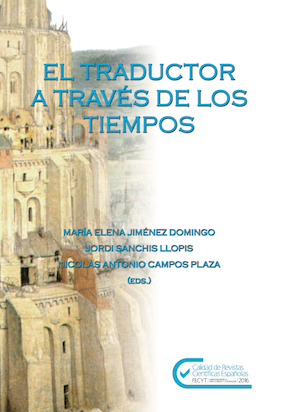The translator in the legal maze: The Dreyfus case
DOI:
https://doi.org/10.7203/qfilologia.21.9313 Abstract
Abstract
The so-called affaire Dreyfus was an historical event that made French society shudder at the end of 19th century and, consequently, it was an event that had widespread social and political repercussions in France owing to the fact that the press and contemporary mass media covered detailed information about such an affair. Actually, the mentioned Dreyfus affaire became a shared topic discussed by trade unions as well as by a number of intelectuals -such as Èmile Zola, for instance, with his well known press article J’accuse). Our aim in this paper is to discuss the linguistic and terminological maze faced by legal text translators, and with that aim in mind we have chosen the 3rd June 1899 and 12th July 1906 sentences which were delivered by the French la Cour de cassation about this affair.
Key words: Dreyfus case; the legal text translation; legal terminology; arrêt; Cour de cassation.
 Downloads
Downloads
Downloads
Published
How to Cite
-
Abstract763
-
PDF (Español)710
Issue
Section
License
 Este obra está bajo una licencia de Creative Commons Reconocimiento-NoComercial-SinObraDerivada 4.0 Internacional.
Este obra está bajo una licencia de Creative Commons Reconocimiento-NoComercial-SinObraDerivada 4.0 Internacional.
Authors who publish with this journal agree to the following terms:
- Authors retain copyright and grant the journal right of first publication with the work simultaneously licensed under a Creative Commons Attribution License that allows others to share the work with an acknowledgement of the work's authorship and initial publication in this journal.
- Authors are able to enter into separate, additional contractual arrangements for the non-exclusive distribution of the journal's published version of the work (e.g., post it to an institutional repository or publish it in a book), with an acknowledgement of its initial publication in this journal.
- Authors are permitted and encouraged to post their work online (e.g., in institutional repositories or on their website) prior to and during the submission process, as it can lead to productive exchanges, as well as earlier and greater citation of published work (See The Effect of Open Access).



